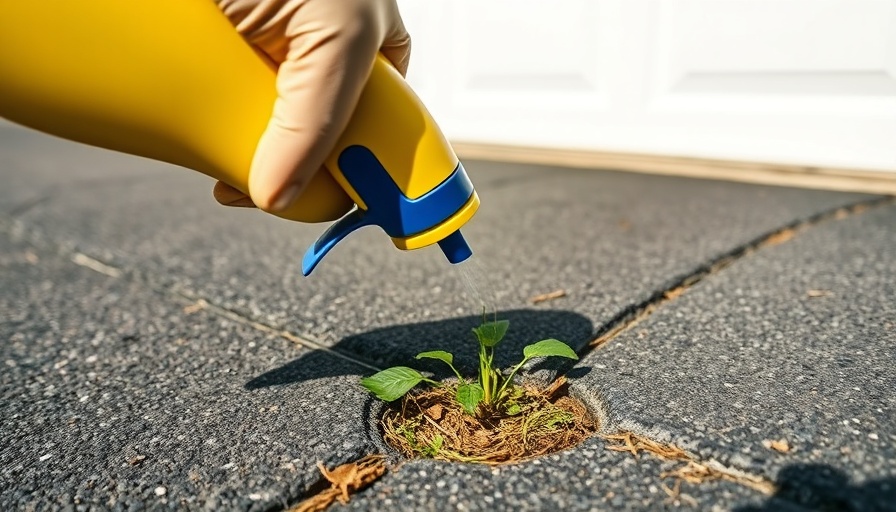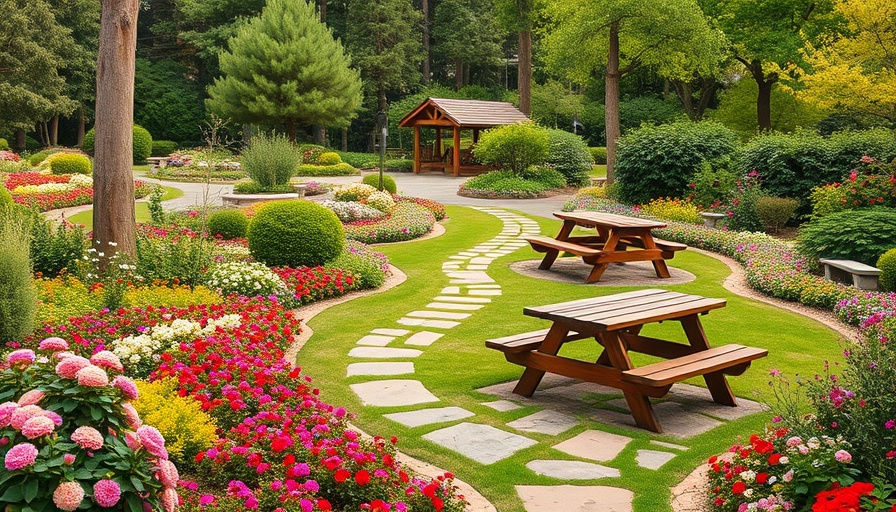
Bleach in the Garden: A Double-Edged Sword
When faced with a yard overwhelmingly populated by weeds, the idea of using bleach might seem appealing. After all, bleach is renowned for its disinfecting and weed-killing properties. However, experts unanimously caution against its use. The consequences of using bleach as a weed killer extend beyond just the immediate issue; they can jeopardize the health of the entire garden.
Why Bleach Hurts More Than It Helps
Bleach’s chemical composition makes it an effective weed killer; it disrupts the plant’s cellular structure and prevents moisture absorption. However, when bleach breaks down, it releases sodium chloride, which adversely affects soil health by inhibiting the ability of roots to absorb water. This process can lead to long-term soil degradation, making the area unsuitable for healthy plant growth over time.
Understanding the Roots of the Matter
The effectiveness of bleach in killing weeds varies based on several factors, including the concentration of the solution and the type of weeds targeted. While annual weeds with shallow roots are more vulnerable, perennial weeds like dandelions or thistles, which possess deeper roots, may survive a bleach application unless it is thoroughly soaked into the soil.
The Hidden Costs of Using Bleach
While the upfront cost of using bleach may seem low and the effectiveness appealing, California homeowners should consider the long-term implications of its use. Chemical exposure can harm beneficial insects and soil organisms crucial for a balanced ecosystem. It’s important for homeowners to seek alternatives that demonstrate less risk to their gardens and the environment.
Alternative Solutions for Weeding
For conscientious gardeners, safe and eco-friendly alternatives to bleach exist. Options such as vinegar, boiling water, or even specific natural herbicides provide effective weed control without the harmful side effects associated with bleach. Vinegar, for instance, is an effective natural herbicide due to its acetic acid content, which can penetrate and damage plant tissues.
Eco-Friendly Weed Control Practices
Incorporating mulching and manual weeding into gardening routines can also help control weed growth sustainably. Strategies such as crowding-out weeds by planting tightly or utilizing ground cover can further reduce the need for chemical treatments, preserving both garden health and local ecosystems.
Final Thoughts: Choosing Wisely for a Healthy Garden
The information regarding the use of bleach as a weed killer serves as a crucial reminder for many homeowners. Prioritizing soil health, plant diversity, and ecological balance should guide gardening decisions. While it can be tempting to take short cuts, sustainable gardening approaches are vital for creating vibrant, resilient landscapes.
Consider repurposing your garden as a ecological refuge by adopting eco-friendly practices instead. We invite California homeowners to research natural alternatives and take steps to ensure that their outdoor spaces flourish with health and vitality.
 Add Row
Add Row  Add
Add 




Write A Comment